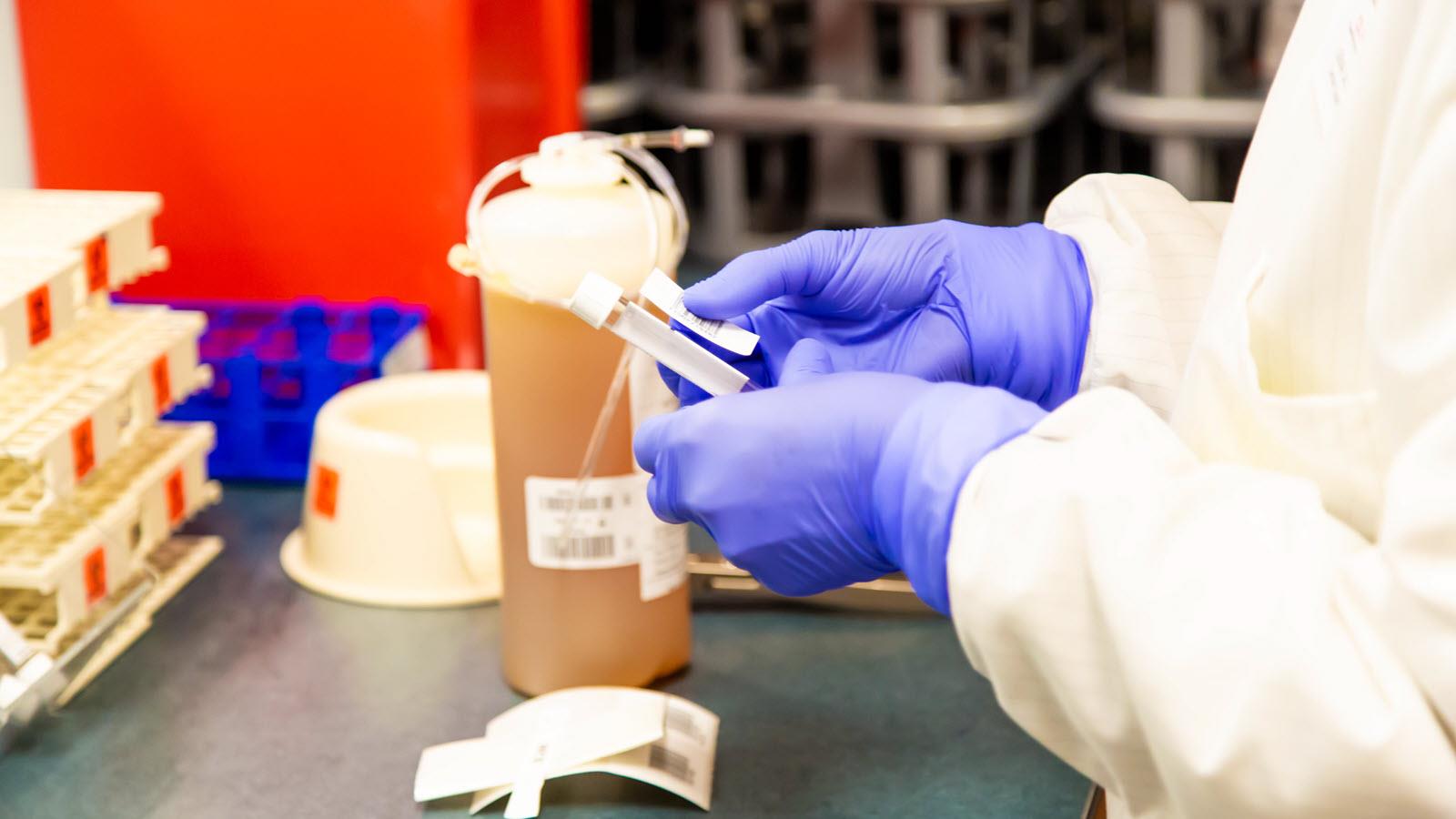The Role Of Neurologists In Addressing Autoimmune Neurology

Welcome to this discussion on a vital topic: The role of Neurologists in addressing Autoimmune Neurology. We’re diving into the sea of knowledge provided by the finest minds at Harvard and the clinical research Falls Church. We’ll unravel the importance of neurologists, looking at how they hold the key to understanding and treating conditions where the body’s defense system turns against itself. Buckle up for an enlightening ride into the intricate world of neurology.
Understanding Autoimmune Neurology
Autoimmune Neurology is a vast field. It covers conditions where the immune system attacks the nervous system. Conditions like Multiple Sclerosis and Myasthenia Gravis fall under this category. To understand these ailments, we turn to neurologists.
The Crucial Role of Neurologists
Neurologists are the detectives of the medical world. They unravel the mysteries of the nervous system. In autoimmune neurology, they look for signs of the immune system’s assault. They study symptoms, conduct experiments, and use specialized tools for diagnosis.
But their role doesn’t end at diagnosis. They also play a critical part in treatment and management. They devise treatment plans and monitor their effects. They adjust strategies as needed to ensure the best possible outcome for patients.
Case in Point: Multiple Sclerosis
Let’s consider Multiple Sclerosis (MS). MS is a classic example of autoimmune neurology. The immune system attacks the protective covering of nerve fibers in this condition. Neurologists are vital in diagnosing, treating, and managing MS.
Table: Differences Between Multiple Sclerosis and Myasthenia Gravis
| ASPECT | MULTIPLE SCLEROSIS | MYASTHENIA GRAVIS |
| Primary Attack | Nerve Fibers | Muscle Nerves |
| Common Symptoms | Fatigue, Difficulty Walking, Numbness or Weakness | Muscle Weakness, Drooping Eyelids, Blurred or Double Vision |
| Treatment | Plasma Exchange, Physical Therapy, Medication | Medication, Therapy, Surgery |
Conclusion
Neurologists play an indispensable role in autoimmune neurology. They are the gatekeepers, the detectives, and the treatment specialists. They tackle complex conditions with expert knowledge and skill. By diving deep into the intricacies of the nervous system, they give patients a fighting chance against their own immune systems.


